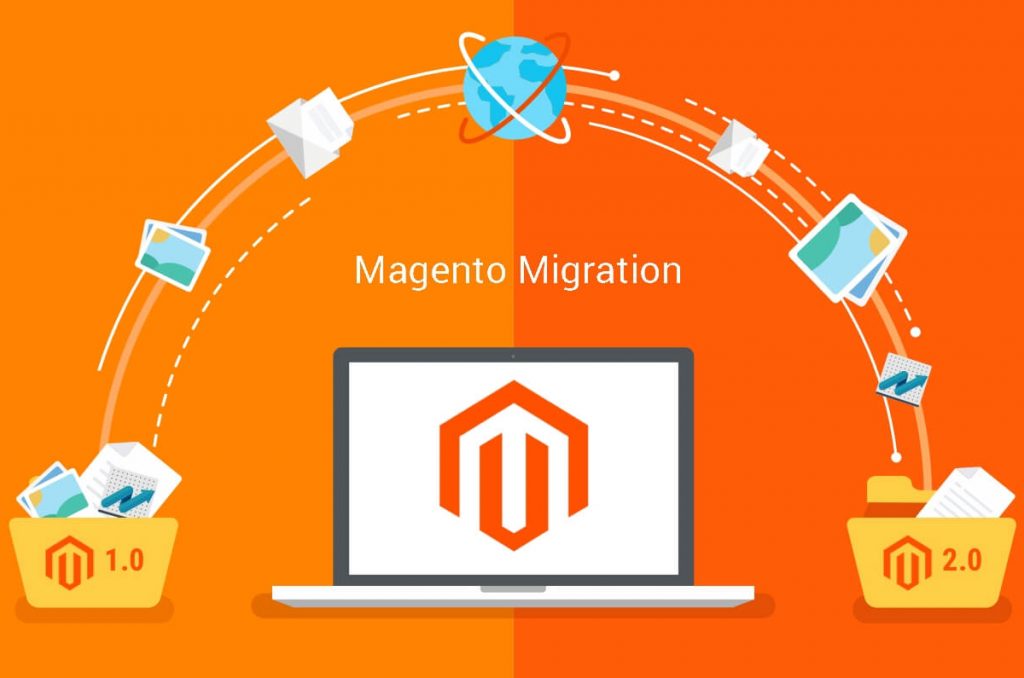Deciding whether to migrate to Magento 2 or not depends on several factors, including your specific business requirements, budget, and timeline. Here are some points to consider when making this decision:
- Magento 1 End of Life: Magento 1 reached its end-of-life in June 2020, which means that Adobe, the parent company of Magento, no longer provides official support or security patches for Magento 1. This makes your Magento 1 store vulnerable to potential security risks and compatibility issues.
- Security and Performance: Magento 2 offers several security enhancements and performance improvements over Magento 1. It includes robust security features and better performance optimization, which can result in faster page load times and improved overall user experience.
- Feature Enhancements: Magento 2 introduces a range of new features and functionalities compared to its predecessor. These include improved admin panel, enhanced checkout process, advanced reporting, responsive design, and better mobile commerce capabilities. If these features align with your business goals and customer expectations, migrating to Magento 2 may be beneficial.
- Extensions and Customizations: Consider the extensions and customizations you have implemented on your Magento 1 store. While Magento 2 has a wide range of extensions available, not all Magento 1 extensions will be compatible with Magento 2. You will need to assess the availability and compatibility of the extensions you rely on and plan for any necessary modifications or replacements.
- Data Migration: Migrating from Magento 1 to Magento 2 involves transferring product data, customer data, order history, and other relevant information. The complexity of the data migration process will depend on the size of your store and the customizations you have made. Ensure you have a clear plan for data migration and consider any potential downtime or impact on business operations during the migration process.
- Cost and Resources: Migrating to Magento 2 can involve costs related to licensing, development, design, data migration, and potential downtime during the transition. Evaluate your budget and the resources available to undertake the migration process. Additionally, consider the long-term benefits and return on investment (ROI) that Magento 2 can provide for your business.
- Timeline: The migration process can take time, especially if you have a large and complex store. Plan for an appropriate timeline for the migration, including testing and quality assurance, to minimize disruptions to your business.
Ultimately, the decision to migrate to Magento 2 should be based on a thorough evaluation of your specific business needs, the benefits offered by Magento 2, and the associated costs and resources required for the migration process. It's recommended to consult with Magento experts or development agencies who can assess your unique situation and provide tailored recommendations based on your requirements.


